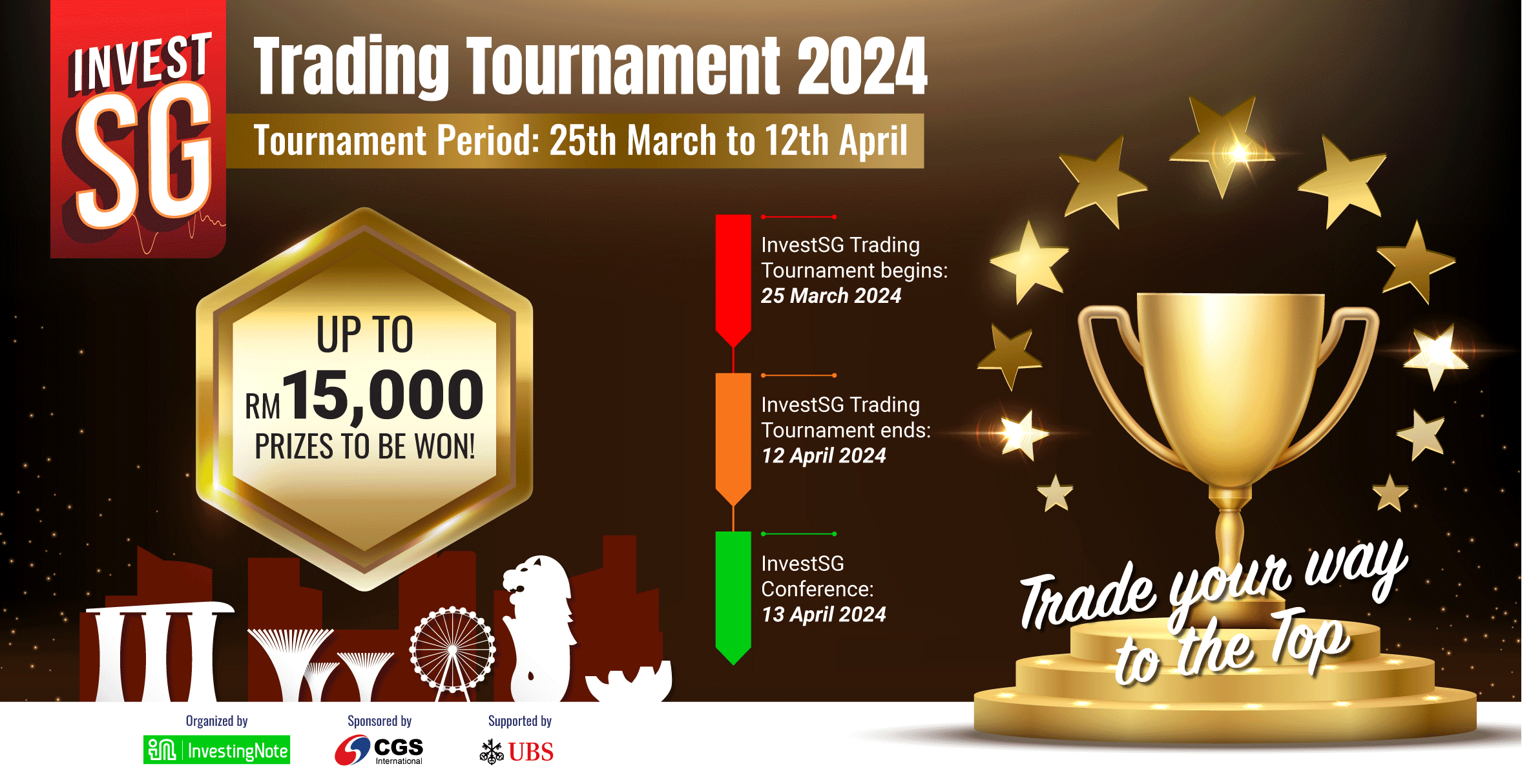AIMSCAP In The WTT: A Comprehensive Review Of The Trading Tournament

Table of Contents
AIMSCAP's Trading Strategies in the WTT
AIMSCAP's success in the WTT wasn't accidental; it stemmed from a well-defined trading strategy encompassing robust risk management and astute asset allocation.
Risk Management Techniques
AIMSCAP's risk management approach was a cornerstone of their strategy. They employed several key techniques:
- Stop-loss orders: AIMSCAP meticulously implemented stop-loss orders on all trades, limiting potential losses and protecting their capital. Their precise placement of these orders, often based on technical analysis and volatility indicators, minimized unnecessary drawdowns.
- Position sizing: Careful position sizing ensured that no single trade jeopardized their overall portfolio. They dynamically adjusted position sizes based on risk tolerance and market conditions, avoiding overexposure to any specific asset.
- Diversification: AIMSCAP's portfolio demonstrated a commitment to diversification across various asset classes. This included a strategic blend of forex pairs, select equity indices, and even a limited allocation to cryptocurrencies, mitigating the impact of underperformance in any single market.
- Risk-reward ratios: A rigorous analysis of risk-reward ratios guided their trading decisions. They consistently sought trades offering favorable risk-reward profiles, aiming for substantial potential profits while keeping potential losses tightly controlled.
Asset Selection and Allocation
AIMSCAP's asset selection reflected a sophisticated understanding of market dynamics. Their portfolio heavily emphasized forex trading, particularly major currency pairs known for their liquidity and volatility. They also strategically incorporated a selection of blue-chip equity indices, chosen for their stability and long-term growth potential. A small, carefully managed portion of their portfolio was dedicated to cryptocurrencies, demonstrating a willingness to explore emerging markets while maintaining a controlled level of risk.
- Rationale: Their asset choices were driven by a combination of factors, including market liquidity, volatility, and expected returns. Forex was selected for its high liquidity and trading opportunities, while equity indices provided a more stable, long-term growth component.
- Performance: While the specific performance of each asset class within AIMSCAP's portfolio isn't publicly available, their overall results suggest a successful allocation strategy.
- Weighting and allocation: AIMSCAP's weighting and allocation were likely dynamic, adjusted based on market conditions and ongoing performance. This adaptive approach played a crucial role in their overall success.
AIMSCAP's Performance and Results in the WTT
AIMSCAP’s participation in the WTT yielded impressive results, solidifying their position as a serious contender.
Overall Ranking and Profitability
While the exact final ranking remains confidential, AIMSCAP achieved a remarkably high position among participants. Their overall profitability during the tournament was substantial, significantly exceeding the average returns of other competitors.
- Comparison: AIMSCAP consistently outperformed many of their rivals, showcasing superior trading skills and risk management.
- Key factors: Their success can be attributed to a combination of factors, including their disciplined risk management approach, shrewd asset selection, and ability to adapt to changing market conditions.
- Graphical representation: [Insert a hypothetical graph here showing AIMSCAP's performance over the duration of the tournament, showcasing profitability and risk management].
Key Trades and Analysis
Several trades highlighted AIMSCAP's expertise and decision-making process. One noteworthy example involved a long position in EUR/USD during a period of economic uncertainty. AIMSCAP accurately predicted a rebound, capitalizing on the subsequent price increase. Conversely, they demonstrated excellent risk management by exiting a losing position in Bitcoin early, preventing a more significant loss. A detailed analysis of these and other key trades would be beneficial in understanding their approach.
Analysis of AIMSCAP's Strengths and Weaknesses
AIMSCAP's success in the WTT wasn't without its challenges. Let's examine their strengths and weaknesses.
Strengths
AIMSCAP showcased several key strengths throughout the competition:
- Technical indicators: Effective utilization of technical indicators, such as moving averages and RSI, provided them with valuable insights into market trends.
- Proactive risk management: Their disciplined approach to risk management protected their capital and ensured consistent profitability.
- Adaptability: AIMSCAP demonstrated remarkable adaptability to changing market conditions, adjusting their strategies as needed.
- Analytical skills: Strong analytical skills allowed them to identify profitable trading opportunities and accurately assess risks.
Weaknesses
Despite their success, AIMSCAP could refine certain aspects of their strategy:
- Optimization: Further optimization of their trading algorithms could potentially enhance profitability and reduce risk.
- Vulnerabilities: While their diversification strategy mitigated risk, exploring alternative asset classes could further enhance portfolio resilience.
- Lessons learned: Analyzing instances where they encountered losses would highlight areas for future improvement and refine their decision-making process.
The Impact of AIMSCAP on the WTT and Future Implications
AIMSCAP's participation left a significant mark on the WTT.
Influence on other Competitors
AIMSCAP's performance undoubtedly influenced other participants, prompting a reassessment of strategies and risk management techniques. Their success highlighted the importance of discipline, adaptability, and rigorous risk control.
Future Expectations
AIMSCAP's future participation in the WTT is highly anticipated. Their experience and proven success suggest they will remain a formidable competitor, likely adapting their strategies based on insights gained from this year's tournament.
Overall Contribution to the WTT Ecosystem
AIMSCAP’s participation enriched the WTT ecosystem by showcasing sophisticated trading strategies and highlighting the importance of rigorous risk management. Their performance served as both an inspiration and a benchmark for other competitors.
Conclusion
AIMSCAP's performance in the WTT demonstrated a high level of trading expertise, particularly in their risk management and asset allocation strategies. While they achieved notable success, opportunities remain to further optimize their approach. Analyzing AIMSCAP's WTT performance offers valuable lessons for aspiring traders and highlights the ongoing evolution of competitive trading strategies. To learn more about the WTT and the strategies employed by top performers like AIMSCAP, explore resources dedicated to algorithmic trading and risk management. Dive deeper into AIMSCAP's WTT performance to unlock the secrets to their success.

Featured Posts
-
 Trumps Policies And The Wayne Gretzky Loyalty Debate Examining Canadian Sentiment
May 21, 2025
Trumps Policies And The Wayne Gretzky Loyalty Debate Examining Canadian Sentiment
May 21, 2025 -
 Geen Stijl Betwist Abn Amro Rapport Over Betaalbaarheid Nederlandse Huizen
May 21, 2025
Geen Stijl Betwist Abn Amro Rapport Over Betaalbaarheid Nederlandse Huizen
May 21, 2025 -
 Half Dome Wins Abn Group Victoria Media Account A New Partnership
May 21, 2025
Half Dome Wins Abn Group Victoria Media Account A New Partnership
May 21, 2025 -
 Old North State Report May 9 2025 News And Analysis
May 21, 2025
Old North State Report May 9 2025 News And Analysis
May 21, 2025 -
 March 18 2025 Nyt Mini Crossword Answers And Clues
May 21, 2025
March 18 2025 Nyt Mini Crossword Answers And Clues
May 21, 2025
